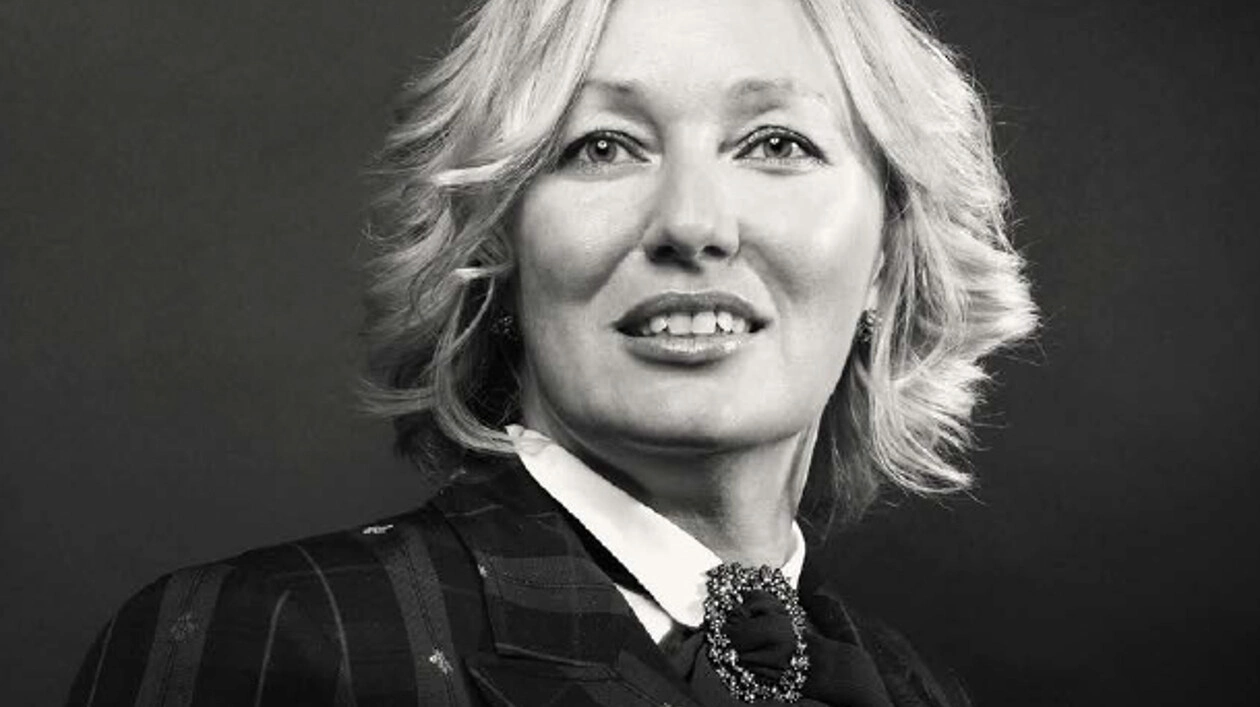We don't think much of etiquette and money and how they can be allied — we are used to have business and romantic meetings in cafes and restaurants, we pay for ourselves automatically following the unwritten rules accepted in society. It wouldn't occur to a countryside girl's mind to suggest her rich admirer to share a dinner bill; business partner from a solid enterprise would never suggest his colleague to pay the bill if there are no special reasons for it. Our columnist, specialist in European etiquette, the founder of project Etiquette748 Ksenia Markova on wallets and rules.
In 1864 a civil trial took place in England that determined that a husband was not responsible for his wife's debts. The case was Jolie versus Ris and concerned the supply of cloth on credit.
All of the propriety and possible but seldom incomes of married women belonged to their husbands. Railways' development was the reason not for just creating a female road costume and some certain etiquette rules but also for a tremendous popularity of a special type of spending time among women shopping. It became fashionable to consider that females can't do without it. But women didn't own money. Not only that all happiness depended on a spouse's mercy but even being a rich heiress couldn't pay for herself, her purchases and even a cup of coffee. This sad fact is a reason for existence of the custom that makes some women happy but probably is going to become outmoded, the man pays.
No, it is not necessary anymore. In our days it is absolutely acceptable if a lady invites for lunch for personal or business communication. The question who pays of course depends on the relationship format, there are colleagues, old or new friends and acquaintances. The way of inviting is also important. 'Let's go' and the bill is to be shared fairly, fifty-fifty or in some other proportion. 'I'd like to invite you' and financial burden is on the shoulders of the one who invites no matter how old he is or of what gender.
In Russia men usually pay for women but modern Russian ladies shouldn't count on it in all of the cases. They still discuss the question of the exact limit of treats a lady with good manners can accept. But it looks like they mostly finish by the conclusion that the notorious cup of coffee is the preferable limit.
It often happens that a gallant gentleman gets offended and confused if a girl turns out to be quite modern and asks politely how much is her part of the bill. This doesn't matter that a date was not successful and will never happen again. Just he met a lady from a good family who knows how to behave. To ask is a right thing to do. But none of the present should insist, there's no common rule for cases like this but it is reasonable to decide together who pays the next time and remember that the one who formally 'owes' is inviting next time.
There are many other 'human' situations more or less connected with money when we can't easily understand how to behave. In business etiquette, money is essentially the topic of conversation. In social etiquette this is perhaps the most tabooed and difficult topic. People with good manners simply don't talk of money. It is not polite to ask about income, salary, prices for visited resorts, for homes or rings. It is not conventional to estimate the present from the point of view of its cost, it is questionable if someone decides to give money as a present. I'm sure that these special rules appearing in society and their changes are to be learnt. Money likes to be treated carefully. And it is not just about spending it.
If it is about close people then of course conventions can be minimized and possibly all of them. But even in cases like this well-mannered people try to veil the direct present, they put it to the envelope or the second variant I like more give something small and cheap as a present and its main part is going as a veiled addition. A bit of a stupid game at the first sight. But elegant. But in other not 'family member' cases better not to.
Present is an attitude, spent time and care. And one more rule I consider to be important, the present shouldn't be too expensive not to embarrass the one who is supposed to enjoy it but can instead feel discomfort.
And the last thing. There are cases and fortunately it became recently popular when people who are not necessarily wealthy themselves, say, ask exactly for money. They can write in invitations 'Any convenient sum can be transferred here' and take responsibility for the process themselves. It was so nice to receive a child's picture after one Birthday Party at our friends saying 'thank you', the little one passed through a successful surgery. I say once again, times change and etiquette is attached to the context, sometimes to ask for money is more than good manners.






